Description
RFID Labels: Versatile, Efficient, and Secure Identification Solutions
RFID Labels are smart labels embedded with Radio Frequency Identification (RFID) technology, designed for tracking, identification, and data storage purposes. These labels consist of an RFID tag, which contains a microchip and an antenna, allowing the label to communicate with an RFID reader via radio waves. RFID labels are used across various industries for asset tracking, inventory management, security, and other applications requiring automatic identification.
Key Features:
- RFID Technology: The label contains a tiny RFID tag that transmits data to a nearby RFID reader using radio frequencies. This enables fast and accurate identification without the need for direct line-of-sight scanning, unlike barcodes.
- Durability: RFID labels are made with durable materials that can withstand wear, abrasion, and exposure to harsh environments, making them suitable for a wide range of industrial and commercial uses.
- Non-Contact Identification: RFID labels enable automatic and contactless identification, meaning they can be read from a distance, improving operational efficiency.
- Customizable: RFID labels can be customized in terms of size, shape, design, and data encoding. This customization allows businesses to integrate RFID technology into their specific processes and needs.
- Data Storage: The microchip in an RFID label can store a variety of data, including unique identifiers, product information, and more. This data can be used for tracking and inventory management.
Common Uses:
- Asset Tracking: RFID labels are often used to track the location of assets, equipment, or inventory, ensuring accurate and real-time tracking in warehouses, factories, and offices.
- Inventory Management: Retailers and warehouses use RFID labels to manage inventory more efficiently by automatically updating stock levels when items are scanned.
- Supply Chain Management: RFID labels help optimize supply chains by providing visibility into product movement, from manufacturing to delivery.
- Logistics: Shipping companies use RFID labels to track packages and shipments in transit, providing improved logistics management and faster deliveries.
- Retail: RFID labels are used in retail to improve checkout processes, prevent theft, and enable self-checkout systems.
- Healthcare: In hospitals, RFID labels are used to track medical equipment, pharmaceuticals, and even patient records, ensuring accuracy and safety.
- Event Management: RFID labels are used for event tickets or badges, providing a seamless entry experience and preventing unauthorized access.
Benefits:
- Improved Efficiency: RFID labels enable automatic scanning, reducing manual data entry, speeding up processes, and improving accuracy.
- Greater Visibility: RFID technology provides real-time tracking of items, allowing businesses to monitor inventory, assets, and products in real-time.
- Cost-Effective: While RFID labels may have a higher initial cost compared to barcodes, their ability to automate processes and reduce human error leads to long-term cost savings.
- Enhanced Security: RFID labels can be encrypted to provide added security, ensuring that sensitive data remains protected during transit or storage.
- Non-Intrusive: RFID labels can be scanned without needing to remove or directly interact with the product, making them ideal for high-speed environments such as retail or logistics.
- Durable and Reliable: RFID labels are designed to withstand tough conditions, such as exposure to extreme temperatures, moisture, chemicals, and physical wear, depending on the material they are made of.
Applications in Various Industries:
- Retail: RFID labels are used for inventory management, anti-theft systems, and improving customer experiences through quick and accurate product scanning.
- Manufacturing: In manufacturing plants, RFID labels track parts, materials, and finished goods as they move through production lines, improving workflow and inventory management.
- Logistics and Transportation: Shipping and logistics companies use RFID labels to track parcels and containers, improving delivery accuracy and reducing the risk of loss.
- Healthcare: RFID labels help manage medical assets and equipment, track medications, and monitor patient flow, reducing errors and improving patient safety.
- Libraries: Libraries use RFID labels for book tracking, ensuring books are checked in and out efficiently and preventing theft.
- Event Management: For events, RFID labels are used in badges or wristbands for seamless access control and ticket verification.
RFID labels offer significant advantages in terms of automation, accuracy, and security, making them an invaluable tool in industries such as retail, logistics, healthcare, and manufacturing. Their ability to streamline processes and improve data collection makes them a key technology for businesses looking to optimize operations and improve customer service.
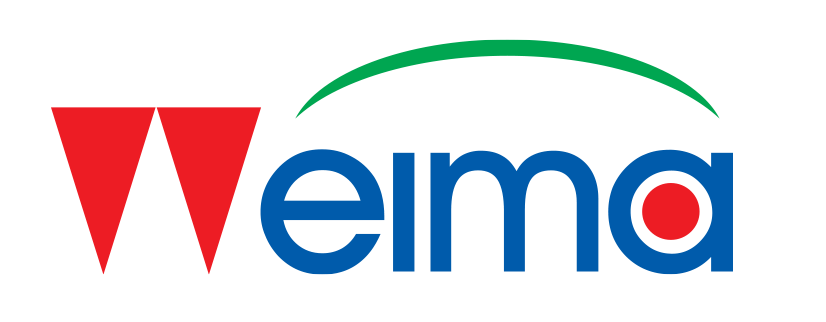
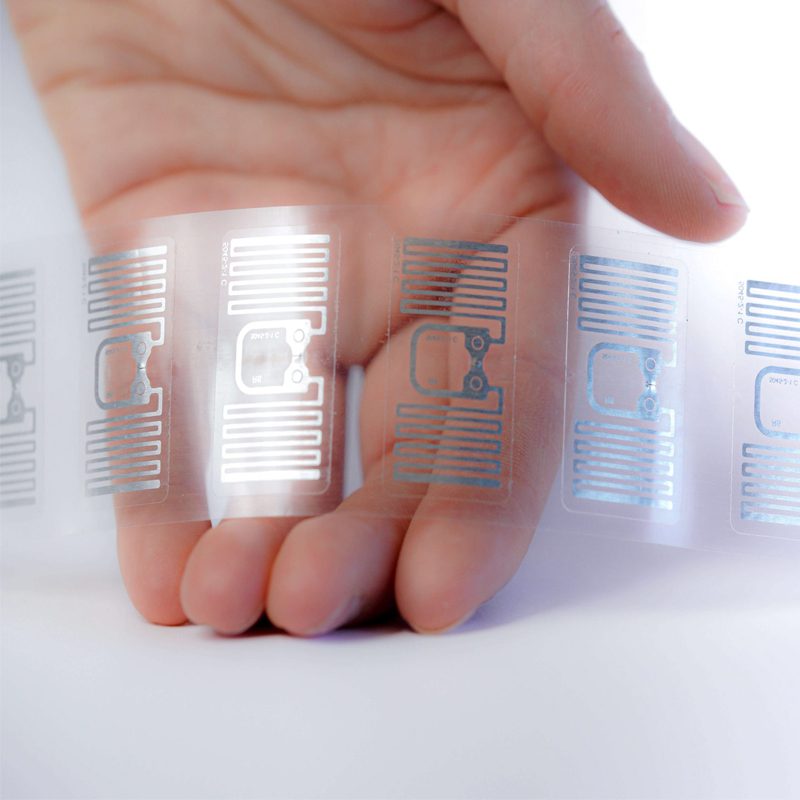
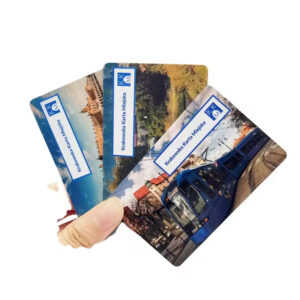
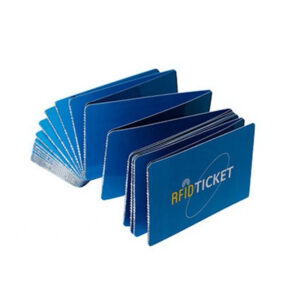
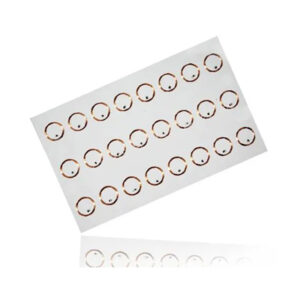
Reviews
There are no reviews yet.